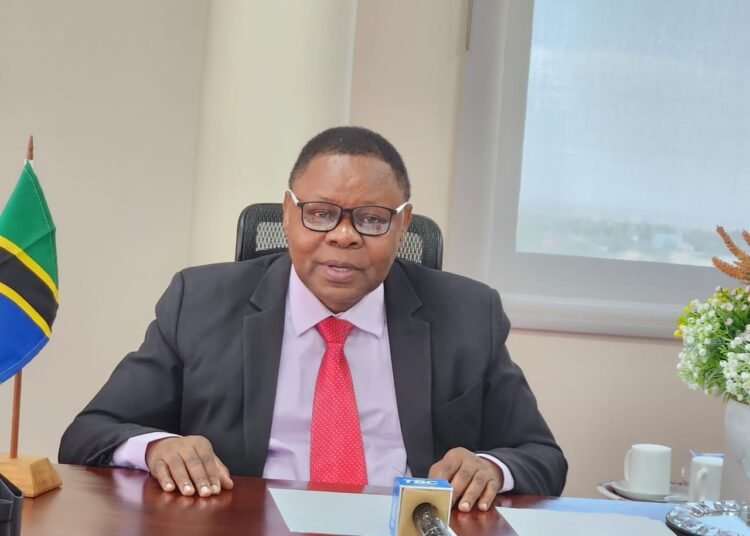For the first time, Tanzania is set to open its electricity transmission sector to private investment, a landmark move to enhance private sector participation in its energy ecosystem.
Speaking at the Africa Energy Forum in Cape Town, Energy Permanent Secretary Felchesmi Mramba announced that the government, following Cabinet approval last year, has garnered significant investor interest and will pilot one or two transmission projects in 2025.
Mramba revealed that the International Finance Corporation (IFC) will assist in preparing tender documents starting in September, paving the way for qualified investors to bid.
The initiative, part of the National Energy Compact, aims to bridge infrastructure gaps, meet rising power demand, and support industrialization. Tanzania plans to connect 8.3 million new customers by 2030, aligning with its ambitious electrification goals.
Historically, transmission and distribution have been managed by the state-owned Tanzania Electricity Company Limited (Tanesco), while generation has been opened to Independent Power Producers. The policy shift follows the completion of the 2,115MW Julius Nyerere Hydropower Project, giving Tanzania a power surplus. However, with electricity demand projected to grow 10–18% annually, officials are prioritizing transmission and generation capacity expansion.
READ ALSO: KENYA SECURES $127.5M IFAD LOAN FOR NATURAL RESOURCES
Mramba highlighted a $12.9 billion funding need to achieve universal energy access for 42 million people by 2030 under the continental Mission 300 initiative. This includes $8.85 billion in public investment and $4.04 billion from private capital for projects spanning generation, transmission, distribution, and off-grid solutions.
Tanzania’s grid capacity has surged 86.6% to 4,031.71MW as of April 2025, with hydropower dominating at 67.4%. Andrew Mahiga, Country Director for the UK’s Department for Business and Trade, urged Tanzania to adopt clear, investor-friendly policies, including defined public-private partnership frameworks and cost-reflective tariffs, to attract investment. He noted that advancements in solar, wind, battery technologies, and net metering present viable business opportunities, making Tanzania’s energy sector increasingly attractive.






























































